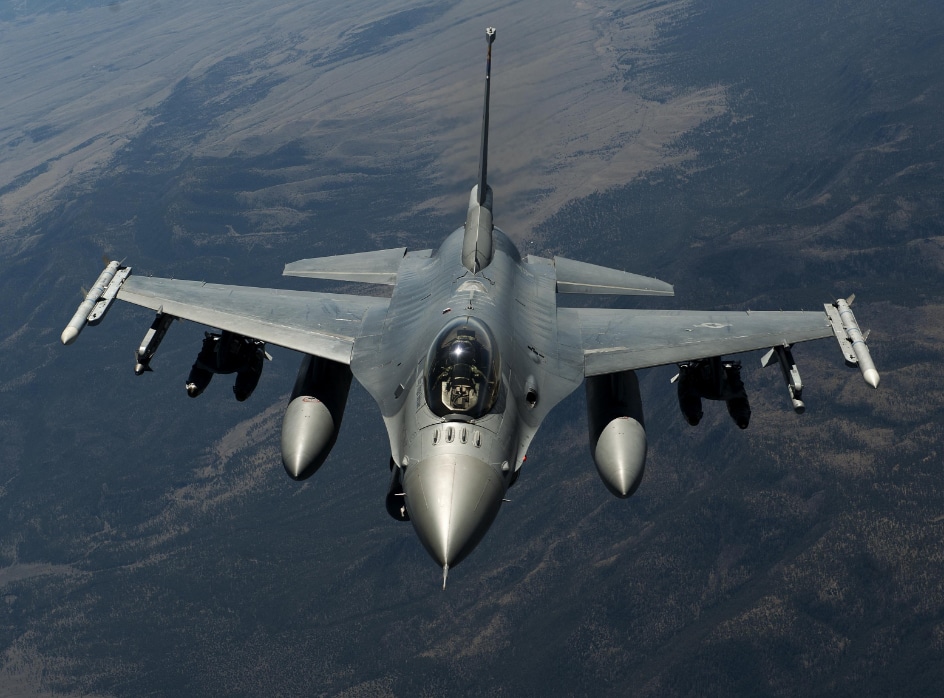In an age where advancements in technology intersect with the formidable needs of national security, the buzz around defense tech is louder than ever. Shield AI, a trailblazer in the field of autonomous flying systems, recently secured a staggering $165 million in funding, elevating its valuation to $2.3 billion. This funding round not only underscores the growing interest in military-focused tech but also highlights the urgent necessity for innovative solutions in an increasingly volatile world.
Funding Growth Amid Geopolitical Shifts
The latest round of funding for Shield AI is a testament to the changing landscape of defense technology investment. Against the backdrop of heightened global tensions and growing geopolitical competition, the appetite for cutting-edge defense technologies is expanding. In particular, Shield AI’s focus on providing autonomous systems for military applications has garnered significant attention from venture capitalists who are starting to view defense as an essential sector for investment.
- Recent investments indicate that VCs are shifting their stance on funding defense tech, recognizing the foundational role it plays in ensuring security and stability.
- Not only are companies like Shield AI and Anduril competing for attention, but they are also redefining how defense technologies are perceived in the investment community.
Shield AI’s Distinctive Approach to Military Technology
Based in San Diego, often referred to as the “Silicon Valley of defense,” Shield AI is at the forefront of developing autonomous technologies. Their flagship product, the Hivemind software platform, is geared toward enhancing the capabilities of unmanned aircraft such as the Nova drone. This duality of hardware and software enables them to operate autonomously as well as in coordination with human counterparts, a key aspect of modern military operations.
The company is not merely aiming to check the box for military contracts; it seeks to reshape military engagements through technology that can navigate complex environments. The V-BAT drone, for instance, is lauded for its vertical take-off and landing capability, which allows it to operate under challenging conditions. This is particularly crucial for missions requiring adaptability to ever-changing threats and uncertain environments.
Defining a New Era of Military Engagement
Shield AI sets itself apart by equipping its drones with the ability to “swarm,” using multiple units strategically in tandem to evade countermeasures from adversaries. This highlights a critical shift in modern warfare where technology can surpass traditional limitations. As Brandon Tseng, the company’s president and co-founder, emphasizes, the shift in perception surrounding defense investment signifies a recognition of its integral role in fostering a safer and more stable society.
Changing Perspectives on Defense Technology
Historically, defense technology innovation may have been viewed with skepticism. However, as Tseng noted, recent global conflicts and security threats — many of which have escalated dramatically in recent years — have prompted people to reconsider the importance of investing in such technologies. Challenges faced by populations worldwide sometimes extend beyond the battlefield, with vast implications for humanity at large.
- The stark reality that a large number of individuals globally are displaced due to violence emphasizes the importance of meaningful contributions to defense technology.
- Investors are now compelled to support innovations that facilitate not only military advancements but also foster societal resilience and safety.
The Road Ahead: Challenges and Opportunities
As the funding climate becomes increasingly favorable for defense technology companies, it raises questions about sustainable growth amid changing dynamics. With adversaries like China ramping up their own defense capabilities, the race for advanced military technology is far from over. Shield AI’s commitment to ensuring that its systems remain ahead of the curve is crucial, as continuous innovation is imperative for maintaining an edge in national security.
Moreover, the company’s success and burgeoning reputation may inspire other startups to venture into defense tech, fostering a competitive and innovative atmosphere that can lead to groundbreaking developments. This increasing interest will not only benefit national security but also revolutionize industries beyond the military.
Conclusion
As Shield AI continues its journey of enhancing military capabilities through autonomous flying systems, it paints a hopeful picture for the future of defense technology. With significant funding backing and a clear vision for leveraging advanced technologies, they are well-positioned to contribute immensely to national security frameworks worldwide. The words of Doug Philippone resonate profoundly in today’s landscape: “Supporting defense was taboo in many circles. Today, there is growing recognition that investment in defense contributes to security, stability, and peace.”
At fxis.ai, we believe that such advancements are crucial for the future of AI, as they enable more comprehensive and effective solutions. Our team is continually exploring new methodologies to push the envelope in artificial intelligence, ensuring that our clients benefit from the latest technological innovations. For more insights, updates, or to collaborate on AI development projects, stay connected with fxis.ai.

